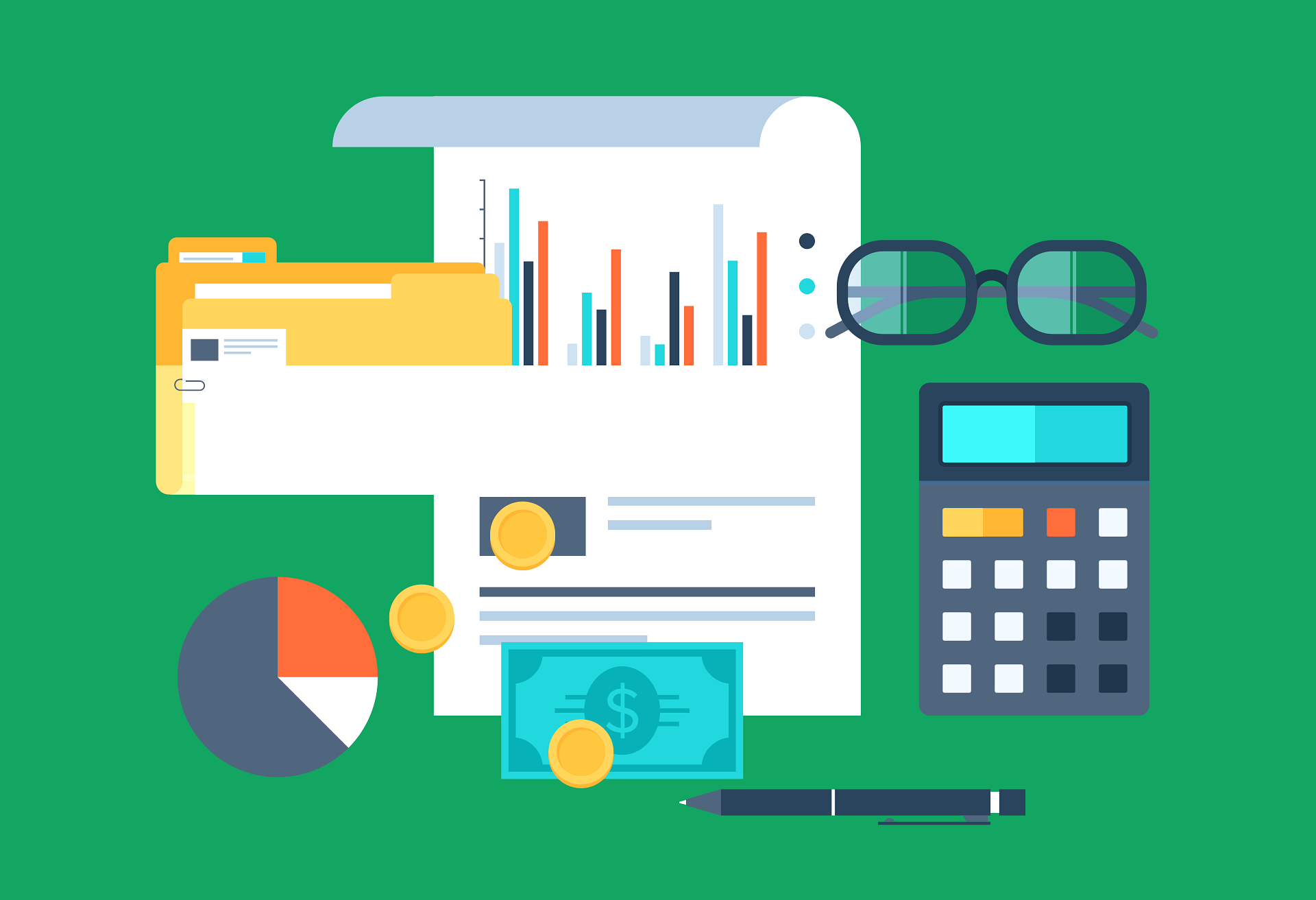By Stephanie Hanna, Certified Mortgage Advisor with Omega Mortgage Group
During tax return season, as you’re wondering, “When will I get my tax return?” it’s worth asking another question: “How could investing that money be the key to achieving my homeownership goals?” Whether you’re looking to buy a new property or improve your current residence, keep reading for smart ways to put that tax return money to work for you.
Ideas for home buyers asking, “What should I do with my tax return?”
Tax refunds can be a great source of financial support for people looking to buy a new home. While it won’t cover the entire purchase price, you can use your tax refund to cover several home-buying fees, such as the down payment and closing costs. You can also use it to pay for other expenses associated with the home-buying process, such as moving or repairs. Alternatively, you could choose to save your refund for future home costs. In any case, your tax refund can help make the home-buying process more accessible and more affordable. Here are a few ways you could use a tax refund to help buy a home:
Use your tax refund for a down payment
If you have received a tax refund, you can use it as a down payment when purchasing a house. Typically, the down payment is around 6% of the home’s price, but some options are available for as low as 3%. To determine how much you can afford to spend on a house, compare your tax refund with your budget. A larger down payment may increase the seller’s chances of accepting your offer, especially if multiple buyers are interested in the same property.
Buy points
When purchasing a home, you can pay for a discount point, typically 1% of the amount you borrow, to reduce your interest rate. Your lender will determine the reduction amount. For instance, if you are borrowing $100,000, one point will cost you $1,000, and the cost of points will be part of your closing expenses. While purchasing points can help save you money on interest throughout your loan, it’s important to note that whether it’s the right choice for you or not depends on your situation.
Pay off debt
It is crucial to pay off any existing debts before applying for a mortgage. This is because your credit score influences the interest rate you will receive. You can improve your credit score by paying off any outstanding debts if your credit score is low. A tax refund can be used to pay off credit card balances or late payments, which can help boost your credit score. Improving your credit score can result in a lower mortgage rate and better loan terms. Consult your mortgage advisor to determine which debts to pay off.
Use it on closing costs
When buying a house, you will come across some extra expenses at the end of the process, known as closing costs. However, your tax return may help you cover some of these costs. Some typical closing costs to consider include:
- Loan origination fee: Your lender will charge a fee for processing your loan application. Fees may vary depending on your lender.
- Home inspection: It is important to inspect the house for any significant problems before buying, usually costing between $200 and $500.
- Appraisal: This ensures that the house is worth your borrowing money, usually costing between $500 to $700.
- Credit report: Your lender must check your credit history, which usually costs around $100.
For Homeowners: Make the most of tax return season with a smart investment
Homeowners can use their tax refunds to enhance the value of their property in various ways. For instance, investing in home improvements can make the house more attractive to potential buyers by improving its overall look and functionality and increasing its market value. If you plan to sell your home, investing in staging is advisable. Here are three ways homeowners can utilize their tax returns to improve their property.
Pay down the principle on your mortgage
Using your tax refund to pay off part of your mortgage principal can save you money on interest and reduce your loan term. For example, if you have a 30-year loan of $292,000 at 4.5% interest and receive an average refund of $3,000, you can reduce your loan term by nearly four years and save over $70,000 in interest. A one-time payment of the same amount can reduce your payments by seven months, saving over $8,000 in interest and increasing your equity when you sell your house.
If you’re selling your home, invest your tax refund in staging
You may be surprised by how quickly your home gets plucked from the market if it’s staged to let prospective buyers see the space as their own. A faster sale is better for your bank account regarding saved mortgage payments and utility bills, and a drawn-out listing can cause a home’s price to wilt. A faster sale at a higher price can double your money throughout the sales process. And most staging can be accomplished with simple little touches.
Boost your improvement budget
For many DIYers, putting that $3,000 tax return into small home improvements can result in getting far more than their investment out of the house later. For example:
-
- A new steel front door costs about $250 but can add about $1,500 when you sell.
- New wood flooring costs about $1,770 but is worth $5,000 when you sell.
- New insulation costs about $700 and can recoup about $2,000 at sale.
If you’re willing to scope materials yourself and put in a little elbow grease, your tax return can fund a renovation that you can enjoy now and reap the financial benefits of later.



